 36 Warning Signs Your Heart Sends You | Eat This Not That
36 Warning Signs Your Heart Sends You | Eat This Not ThatWe have consulted with nutritionists and authorized dietitians to make informed recommendations on food products, health care and nutritional products to guide you safely and successfully to the best choices of food and nutrition. We strive only to recommend products that adhere to our philosophy of eating better while still enjoying what you eat. 36 warning signs Your heart sends youMovies and TV have taught us the signal of heart problems: A sharp and differentiated pain in the chest that is immediately evident as an emergency. That's not a big education. "The signs of heart disease can often be mild and so brief that they could be fired for something else or not even noticed at all," says Roshini Malaney, DO, a cardiologist with New York. Often, the heart sends subtle messages that something is wrong, in the form of symptoms that can be felt from the head to the legs. Here are the vague or ambiguous signals that experts say you should take care of. Keep reading, and to ensure your health and the health of others, don't miss this. Fatigue Having more overflowing than usual could be a sign that your heart is not pumping as it should. "Heart disease can often present vague, ambiguous or silent signs," he says, a cardiologist at the Wexner Medical Center at Ohio State University. "After diagnosis, we often look back and realize that some of these less noticeable signs were present for quite a long time before. Such signs may include a new and inexplicable change in energy levels or new difficulties that perform pre-doubation tasks." The Rx: "The persistence of these symptoms for more than a short period of time (often more than a few days) can justify an additional assessment," says Emani. "People with these concerns should contact their health care provider for a later evaluation, which may include an evaluation of offices, blood work or specific diagnostic tests." Tugging in Your ChestSometimes a heart attack won't make you dramatically squeeze your chest, feeling something's not right. "Patients will typically complain of pressure/tugging/discomfort, usually in the center of their chest, sometimes radiated by the left arm, or in the jaw," says a cardiologist at the University of Maryland St. Joseph in Towson, Maryland. "This may be associated with exercise or exercise, and relieved by rest." Chest discomfort may be on the upper or lower chest or on the right or left side of the chest, he says, a cardiologist and medical director of the NYU Women's Heart Program in New York City. The Rx: If something sits on the chest, do not hesitate to seek medical advice. "Symptoms are clues that may have a heart problem, but having symptoms does not make a diagnosis," says Goldberg. "Additional tests should be done to see if it is a heart disease or another condition. "The lack of breath Feeling shortness of breath can be a sign of heart disease, says Goldberg. It could also mean lung disease such as asthma, COPD, pneumonia or pulmonary embolism. In any case, if you are unusually breathless, consult your doctor as soon as possible. The Rx: "Patients with symptoms—especially if they are new symptoms—which are worrying should not hesitate to seek medical advice," says Pollock. "If a sudden appearance of chest pain / discomfort / pressure / shortness of breath is not relieved quickly, do not hesitate to call 911. "Unusual inflation or pain"Unusual inflammation in the abdomen or lower limbs is sometimes a sign of heart problems," says Emani. Rx: If you experience unexplained swelling anywhere in your body, see a health care provider as soon as possible. You Faint or Faint Fainting or feeling head of light can be a sign of low blood pressure or anemia, says Goldberg. Both conditions can mean heart disease. The Rx: If you faint, or feel like you're going to do it, don't wait to see a doctor to find out what's going on. Hearing Problems A 2018 The Harvard study found that hearing loss was 54% more common in people with heart disease. "The heart disease damages blood flow, and the inner ear, known as the cochlea, is extremely sensitive and can be impacted by a reduced blood flow, causing hearing loss," says Lisa A. Perhacs, AuD, audiologist and clinical education specialist in "Because cochlea is one of the smallest organs in the body, hearing loss can be one of the first indicators of heart disease." The Rx: "If you're over 40 years old, it's important that your hearing be evaluated annually for early detection of hearing loss and also early detection of heart disease," says Perhacs.StomachachesTummy could be the stomach flu or the most serious problem sign under your hood. "High sweats, nausea and vomiting can be signs of a viral infection, but they can also be signs of something that happens with your heart," Malaney says. "Another common complaint is stomach pain or acidity, which could be due to indigestion. However, this could also be a symptom of obstruction in the arteries, which is decreasing blood flow to the heart and often occurs before a heart attack." The Rx: "If you have any of the previous symptoms that are new or occur more often or with greater severity, it is important to see your doctor to make sure that there is nothing to happen with your heart, especially if you have risk factors for heart disease," says Malaney. Exercise Fatigue If you don't have the energy to complete the trainings you used to finish manually, it could be the sign of circulation problems. "The fatigue or limitation in exercise tolerance—or the daily activities that are a change in the person's base—can be a sign that the heart cannot receive the increase in blood flow it needs when it needs to work harder, as with exercise," he says, a cardiologist with Adventist Health in the Simi Valley, California. "This limitation on blood flow could be caused by the accumulation of cholesterol within the coronary arteries, the blood vessels that the heart uses to supply with blood, nutrients and oxygen." The Rx: Don't write it down like you're worn out. "In women in particular, increased fatigue or decreased tolerance to exercise are generally attributed to overload or stress. This should not be ignored — even these common symptoms might imply that there is something that happens with the heart," Malaney says. Heaviness in your chestInstead of acute pain, a heart attack can feel a heavy weight. "Most people mistakenly believe that heart attacks are always accompanied by severe chest pain. This is not true," he says, a cardiologist at the Providence Saint John Health Center in Santa Monica, California. "Most of the time, signs and symptoms are more subtle. Usually, people describe a sensation of oppressive discomfort and a heavy feeling that they don't call pain, most of the times located in the center of the chest." The Rx: "Unfortunately, there's no simple way anyone can determine if they themselves are having a heart attack," says Wright. "To distinguish whether these problems are related to a possible heart attack, an electrocardiogram, blood test, or imaging is usually required. If someone is concerned that they may be suffering from a heart attack, they must contact their medical professional immediately, present themselves to an emergency room or ask for paramedical assistance. "This skin condition High cholesterol, an important risk factor for heart disease, often has no physical symptoms. Unless you have family hypercholesterolemia, a genetic disorder that elevates cholesterol levels, says, a cardiologist and lipidologist at the MemorialCare Heart & Vascular Institute in Fountain Valley, California. That can create visible signs on your skin. "The signs include small yellow plates around the eyelids called xanthelasma," he says. "A white ring around the iris of the eye is actually a cholesterol deposit and is called arcus. In addition, in the family form, cholesterol can actually deposit around the joints, such as elbows and knees and look like blows, and are called xanthomas." Rx: If you have signs of family hypercholesterolemia, talk to your doctor. If you don't, check your cholesterol level at least once a year. If your "bad" cholesterol is high, follow your doctor's suggestions. "Heart attacks and beatings are conditions that can be caused by high cholesterol," says Greenfield. "And that's why statin drugs are recommended, as well as a good diet and exercise." Fluttering in Your Chest"Heart palpitations are an abnormal heartbeat feeling," he says, a cardiologist at the Providence Saint John Health Center in Santa Monica, California. "It can be simply a greater awareness of your regular heart rate, or a sense that your heart is abnormally running, hitting, or having irregular or jumped rhythms. Sometimes people feel them only in certain positions like lying on their left side, or feeling their heart is jumping into their throat." Heart palpitations can be harmless, or can be a sign of a heart condition such as atrial fibrillation (AF), an irregular heartbeat that is potentially dangerous. The Rx: "Although most palpitations are not dangerous, patients should talk to their doctor about any symptoms of palpitations to make sure they are not caused by a potentially serious heart problem," says Lajoie. "Hospitalizations that occur with lightness, fainting, shortness of breath or chest pain must be evaluated by a doctor immediately. "Weight gain"Patients with heart failure may have significant weight gains, leg swelling, ankle or belly, decreased appetite, shortened breath with effort or while lying down," he says, a clinical cardiology assistant professor at Philadelphia College of Osteopathic Medicine. The Rx: "It is important to be seen by your doctor for thorough examination and appropriate tests to discover heart disease and its underlying causes," says Kaplan. High blood pressure or high cholesterol "High blood pressure and high cholesterol are two relatively silent signs of cardiovascular disease that can lead to a heart attack or stroke," says Lori Mosca, MD, MPH, Ph.D., from the volunteer expert of Go Red for Women. "High blood pressure, or hypertension, is the second leading cause of preventable heart disease and death by stroke, second only for smoking. "The Rx: " Eight percent of heart events can be prevented through education and modest lifestyle changes, such as moving more, eating smart and managing blood pressure," Mosca says. "But some people may not know they have high blood pressure or cholesterol until it is too late. "Alone jaw pain, sore throat or jaw is not a warning of heart danger, but if you join with pain or pressure that radiates from the center of your chest to your throat and/or jaw, it could be a sign of a heart attack report. "In some cases, the unusual jaw, neck or shoulder pain may be related to heart disease," says Emani. The Rx: "The pain in the jaw, nausea and lack of breath are symptoms of heart attack that most often appear in women," Mosca says. "Although most people do not immediately associate these symptoms with a heart attack, it is important to remember that they could be the initial signs of an important cardiovascular event. "Painting PainThe pain in the lower extremities with walking can be a symptom of PAD, or peripheral arterial disease, says Greenfield. The Rx: If you experience pain in your legs when you walk, don't just slap a Ben-Gay. Talk to your doctor and describe your symptoms completely. You're dizzyA little dizziness after a day at Six Flags is normal. When that feeling happens apparently out of nowhere, you could be in trouble. The dizziness is often a warning sign for heart disease, often accompanied by pulmonary edema. When your brain does not receive proper blood flow, it can make you feel woozy, as can the pulmonary edema, which can limit the amount of oxygenated blood delivered to your organs. The Rx: If you are feeling dizzy, suddenly or for several days, make sure you talk to your doctor. Your left shoulder pain or nubosNumbness and left shoulder pain are among the most reported heart attack symptoms, and definitely those you should not ignore. Although shoulder pain can also result from day-to-day wear and tear, such as tendonitis or a injury to the rotor fist, if the pain moves through the chest and at the fingertips, it is important to call 911 immediately. Often pain is not only limited to your arm, but many people experience it in your jaw and neck, too. The Rx: If you ever experience pain that is radiated from the chest by the arm or feel a pain that gets worse in the arm, call 911 immediately, as it may be a sign of a heart attack. You're always exhausted. We got it: You don't have enough hours in the day to do everything and have a good night break, too. Tons of things in this world can cause you to sleep, from lack of caffeine to poor sleep, but sudden and unbreakable fatigue can be an indication that your heart is not doing its work effectively. When your heart is not shooting on all cylinders, it limits the amount of oxygen-rich blood to your organs, which does everything that makes it both harder and more draining. Along with fluid accumulation in the lungs that often accompanies heart disease and you have a recipe for severe exhaustion. The Rx: If you suddenly feel enrolled or fatigued by doing something you haven't had any problems with in the past, like climbing a set of stairs or taking a quick walk, making an appointment with your healthcare provider. You're not hungry, you'll never feel hungry again, a dietitian's dream. But it can quickly become a nightmare when your appetite disappears completely. Lack of hunger can often be a sign of early warning of a heart attack. The Rx: Of course, it can be a dietary problem. Make sure you get away from one of the . Your thyroid works incorrectly Your thyroid is one of those parts of the body that you are unlikely to think until a problem arises. Unfortunately, when it doesn't work properly, you can improve your life at virtually no time. A review of the publication in the Annals of Internal Medicine reveals that both hypothyroidism and hyperthyroidism increase a person's risk of developing heart disease, and heart disease can also cause thyroid dysfunction by limiting blood flow and causing hormonal changes. Rx: Strangely, many of the symptoms of thyroid problems, such as fatigue, cough, and rapid weight gain, are also symptoms of heart disease, so researching one problem can lead to the diagnosis of another. Feel a sense of death A sense of imminent death can be the way your heart tells you it's time to strain the doctor. For many people with heart disease, the combined lack of oxygen and blood flow can create a deep sense of death, which can appear from nothing. Along with the breathless feeling that often accompanies the pulmonary edema, you can feel serious terror in the most serene spaces. The Rx: If a sense of conviction is feared for more than a few days, call your doctor and make an appointment. You're always Thirsty We could all bear to drink more water—which most adults are drinking less than a third of what they owe every day—but a constant thirst that never disappears can have more to do with their heart than their hydration. The Rx: The combination of electrolyte imbalances and gastrointestinal discomfort that often go along with heart disease can make you feel thirsty even when you just lower a significant amount of water, so don't be afraid to talk if you're suddenly soaked all the time. You have sleep apnea The snoring that prevents you from having a good night dream could be a sign that your heart doesn't work as well as it should. Heart disease and sleep apnea usually go hand in hand, although it is not always clear whether the first cause of the latter, or vice versa. If you're concerned that you may have sleep apnea, talk to your doctor. Losing weight with the help of force as well. The Rx: If sleep apnea is diagnosed, a CPAP machine can be used at night to help maintain regular and smooth breathing, and decrease the risk of heart complications. You're stirring If your breathing sounds like a wrinkled door that opens and closes, it's time to make an appointment with a medical professional. Pulmonary edema, a common symptom of heart disease, can cause wheezing and labored breathing. The Rx: If you feel that your breathing patterns have changed and don't improve in a few days, it is important that you get help as soon as possible. Your ankles are swollen all day on your feet can cause someone's legs and feet to become a bit swollen. If you don't have a job that keeps you straight all day and your feet and ankles seem to have grown two sizes, your heart might send you a message. Your lungs are not the only part of your body that can be affected by edema; for many patients with heart disease, edema of the lower limbs is a sign that your ticker needs tuning. The Rx: If your legs and ankles are swollen for more than several days, it's smart for you to check to see what might be going on. You have an acid reflux That burning sensation in your chest might not be just the result of the nachos you had for dinner last night. Acid reflux can be a sign that your heart does not work properly and should be addressed by a professional. Even if it is not a symptom of heart disease, acid reflux can increase your risk of esophagus cancer, so it is important to make sure it is treated quickly. Rx: If you experience a different acidity outbreak, or it occurs in tandem with any of the other symptoms on this list, it may be serious: call 911. You're confused. The political climate, the Godzilla plot, the latest software update on your phone, a little confusion is nothing new. However, feeling seriously confused, like, you can't find your house in your confused block, it can be a serious sign that your heart doesn't fulfill its obligations. When your heart is not working effectively, it limits the amount of oxygenated blood that comes to your brain, which makes it more likely to get confused easily. The Rx: If your sudden case of Ralph Wiggum is less fun and more terrifying, it's time to see your doctor. You can't shave a CoughColds to go through the quickest work places than juicy gossip, but most of the time, a little rest and some hot tea will help you get back on your feet. However, for those with heart disease, especially those suffering from pulmonary edema, a persistent cough is often one of the first signatories to their health problems. If you have a cough that can't touch cold medicine, your doctor should know. The Rx: If this happens to you, call your doctor and find out what's going on. Your heart is full When your heart is beating after a hard workout, you may be on your way to a longer life. If your heart is beating while sitting on your desk, it's time to talk to your doctor. As the plaque in your arteries builds, it limits the blood circulation capacity through them, making your heart work harder while doing the same job. Rx: According to atrial fibrillation, the risk of stroke is increased, so it is critical to see a doctor if he or she experiences irregular heart beats or rhythms. You are in serious painThoracic pain is a symptom that you should never ignore, even if you are generally healthy and have no family history of heart disease. Heart attacks are believed to kill 50% of the people who have them, many of whom never realized they had heart disease to start. The faster you have your possible heart symptoms, the faster you can get a life-saving treatment. Rx: Even if it turns out your symptoms are not related to the heart, a doctor, not Dr. Google, he's the only person who can tell you for sure what's causing you. Start on the way to a healthier and younger body today discovering the ! Sleep Disturbing In a study published in the , of 515 women who suffered a heart attack, 50% reported problems with their sleep in the weeks prior to their heart attack. They had difficulty sleeping, they woke up atypical all night, and reported feeling tired despite "driving" enough sleep. The Rx: Of course there are many reasons for poor sleep, but if you feel you are experiencing something out of the norm for you, be smart and be checked. I'd better sleep. Flu-Like Sudden While heart disease is the #1 female killer in the United States according to the , women often tend to stain symptoms of account to more mundane pains and pains such as acidity, flu, or stress. However, the sudden occurrence of flu-like symptoms such as cold sweat, nausea, dizziness, and severe body weakness may indicate an imminent heart attack, especially in women. That's not it! Health cannot say enough: symptoms for heart attack are not the same for men and women. Rx: If you are a woman, and experience a sudden start of these symptoms, call your doctor immediately. Loss of memory and disorientated feeling We know, it sounds confusing that confusion and deficient thinking could be signs of a heart attack. But it is true according to the . Although there are many reasons to experience disorientation or have problems remembering things, it is important that you know that changing the levels of certain hormones and minerals in the blood, such as sodium, can cause confusion. The Rx: If you or someone you love suddenly develops memory loss or is stunned and unfocused, pay attention, and seek medical attention if combined with any of the other symptoms on this list. Heavy sweating There are many reasons why you could break into a sweat. But if it breaks into a cold sweat — for no apparent reason — it could be a warning sign of a heart attack, especially if it joins one or more of these symptoms. The Rx: If you or someone who knows experiences sweating and other possible distinctive signs of a heart event, call 911. Change in the skin color – Becoming a Very Pale, Grey or AshenPalabra gray or very pale skin can indicate a lack of oxygenated blood, and therefore it can be a warning sign for the heart attack: Our blood carries oxygen to all parts of our body. When the heart is not pumping properly, it disrupts blood flow, and we experience a lack of oxygen, which in turn can cause discoloration or lack of color on the skin. According to , this may be due to several conditions, but along with other symptoms of this list, it may be a strong indicator of heart attack. The Rx: If you or someone near you suddenly becomes ashen—act fast. There's a strong chance that it might be a heart attack. Provide medical care immediately. Panic Attack - As Feelings Panic attacks and heart attacks may feel alarmingly similar, with heart palpitations, shortness of breath, sweating, tremor, chest pain, vertigo and more. Panic attacks usually occur in response to a stressful event (although they may occur spontaneously as well...), and do not pose any immediate danger. However, a heart attack is dangerous and requires immediate medical attention. And here's where it gets tough: in women, symptoms of heart disease are sometimes mistaken for panic attack. Rx: Telling the difference between the two can be difficult, but if your symptoms have a sudden start due to extreme stress or if the symptoms are resolved in 20 to 30 minutes, it is likely to be a panic attack. But if you feel like a heart attack, with symptoms that persist, it can be a heart attack. Get help and call 911 to be sure. And to go through this pandemic without taking the coronavirus, do not miss this essential list: .Read this Next30 ways your heart is not working properly, say doctors If you feel this, it could be a heart attack, says that the CDCSure signs you had a heart attack, according to doctorsIf you find this in your mouth, you are irritating badly, says study The only sign You are more likely to die after a heart attack, says studySure Signs You Have "Long" COVID, According to a new Dr study. Fauci Warns "We're not out of the forest yet"Simply enough to keep your heart healthySubscribe to our daily newsletter© 2020 Galvanized Media. All rights reserved. EatThis.com is part of AllRecipes Food GroupSubscribe to our daily newsletter
Please turn on JavaScript and reload the page. Verifying your browser before accessing justanswer.com. Please activate cookies and reload the page. This process is automatic. Your browser will redirect to your requested content shortly. Please allow up to 5 seconds... Redirect. .. [CDATA] (functioning){ var a = document.get ElementById('cf-content'); a.style.display = 'block'; var isIE = /(MSIE habitTrident/tenEdge/)/i.test(window.navigator.userAgent); var trkjs = isIE ? new image() : document.createElement('img'); trkjs.setAttribute("src", "/cdn-cgi/images/trace/jschal/js/transparent.gif?ray=62f202b9185019e1"); trkjs.id = "trk_jschal_js"; trkjs.setAttribute("alt", ")); document.body.appendChild(trkjs); var cpo=document.createElement('script'); cpo.type='text/javascript'; cpo.src="/cdn-cgi/challenge-platform/h/g/orchestrate/jsch/v1"; document.getElementsByTagName('head')[0].appendChild(cpo); }()); //]] Protection DDoS Ray ID: 62f202b9185019e1 Please turn on JavaScript and reload the page. Verifying your browser before accessing justanswer.com. Please activate cookies and reload the page. This process is automatic. Your browser will redirect to your requested content shortly. Please allow up to 5 seconds... Redirect. ..

36 Warning Signs Your Heart Sends You | Eat This Not That
Chest pain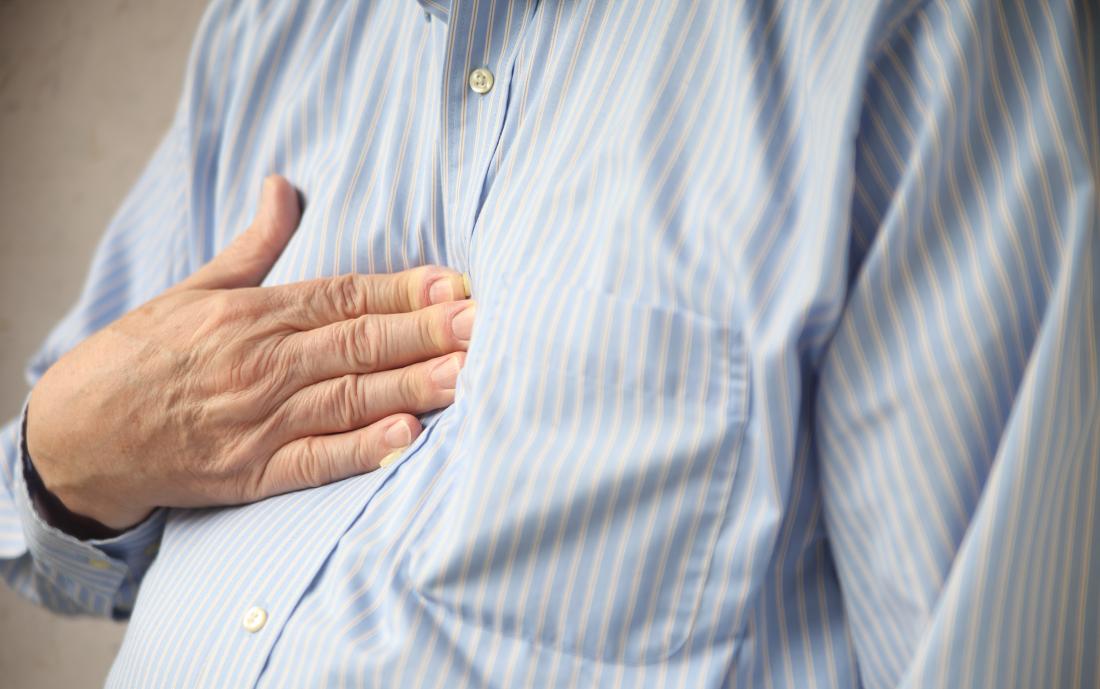
Epigastric pain: Causes, treatment, and diagnosis
Chest Pain Causes: 9 Causes of Chest Pain You Should Know | SELF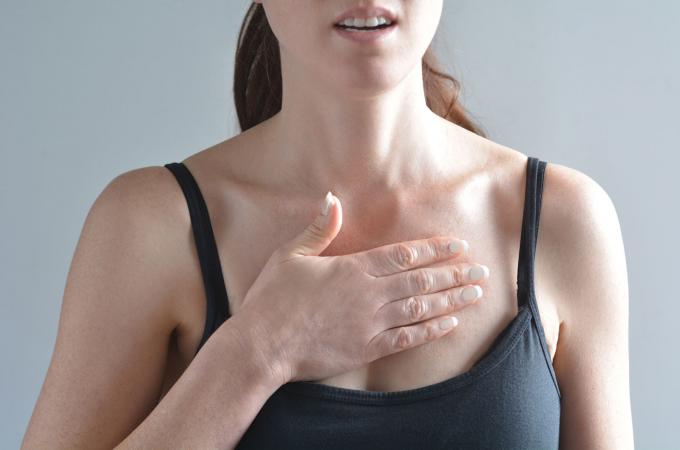
Can Hunger Cause Heart Palpitations? | LoveToKnow
36 Warning Signs Your Heart Sends You | Eat This Not That
Ketosis Symptoms - How To Tell if You're In Ketosis
Facebook
36 Warning Signs Your Heart Sends You | Eat This Not That
Solar Plexus Pain: Causes, Symptoms, Treatment, Prevention, and More
Fatigue and loss of appetite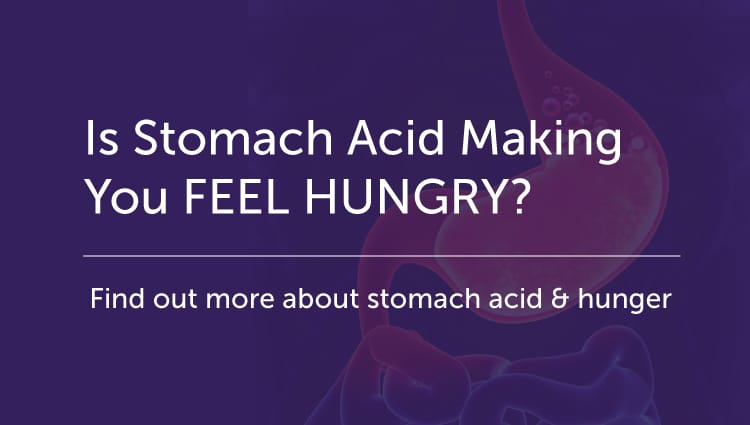
Why Excess Stomach Acid Mimics Hunger
Reasons You Don't Feel Hungry
36 Warning Signs Your Heart Sends You | Eat This Not That
Bed bound and chest pain 5th floor no elevator - Hungry Fat Bastard | Meme Generator
50 Worst Habits for Your Heart, Say Doctors | Eat This Not That
The Effects of Low Blood Sugar on Your Body
hunger pain in chest | Answers from Doctors | HealthTap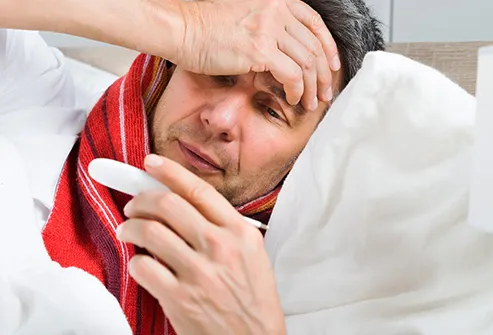
Reasons You Don't Feel Hungry
7 Potential Warning Signs of Stomach Cancer – Health Essentials from Cleveland Clinic/185730769-56a470303df78cf77282698c.jpg)
Lung Inflammation: Symptoms, Causes, Treatment, More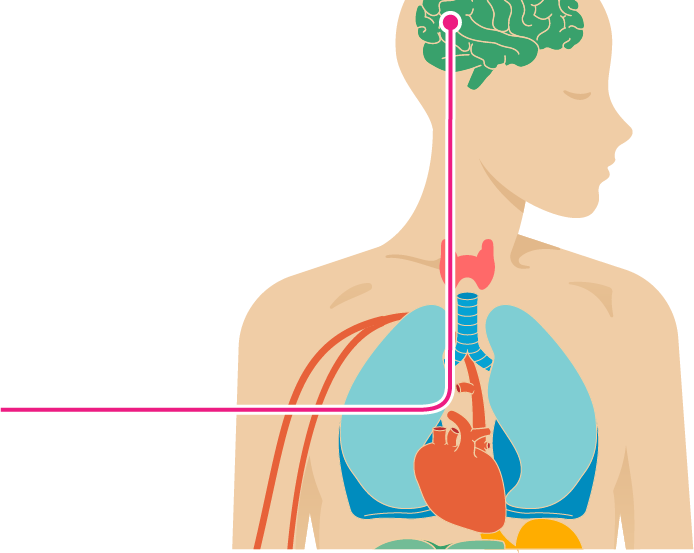
The Effects of Low Blood Sugar on Your Body
36 Warning Signs Your Heart Sends You | Eat This Not That
Nausea When Hungry: Causes, Treatment, and Prevention
How to know if your chest pain is something serious - National | Globalnews.ca
This is What a Heart Attack Feels Like
Reasons You Don't Feel Hungry
Hunger pangs (pains): 7 causes and how to alleviate them
What causes hunger pangs?
Is My Chest Pain Heartburn, or Is It Something More Serious? | | Keck Medicine of USC
Ulcer Symptoms: Signs Your Pain Is an Ulcer | The Healthy
Epigastric Pain (Uncertain Cause)
5 Reasons You're Never Hungry and When You Should Worry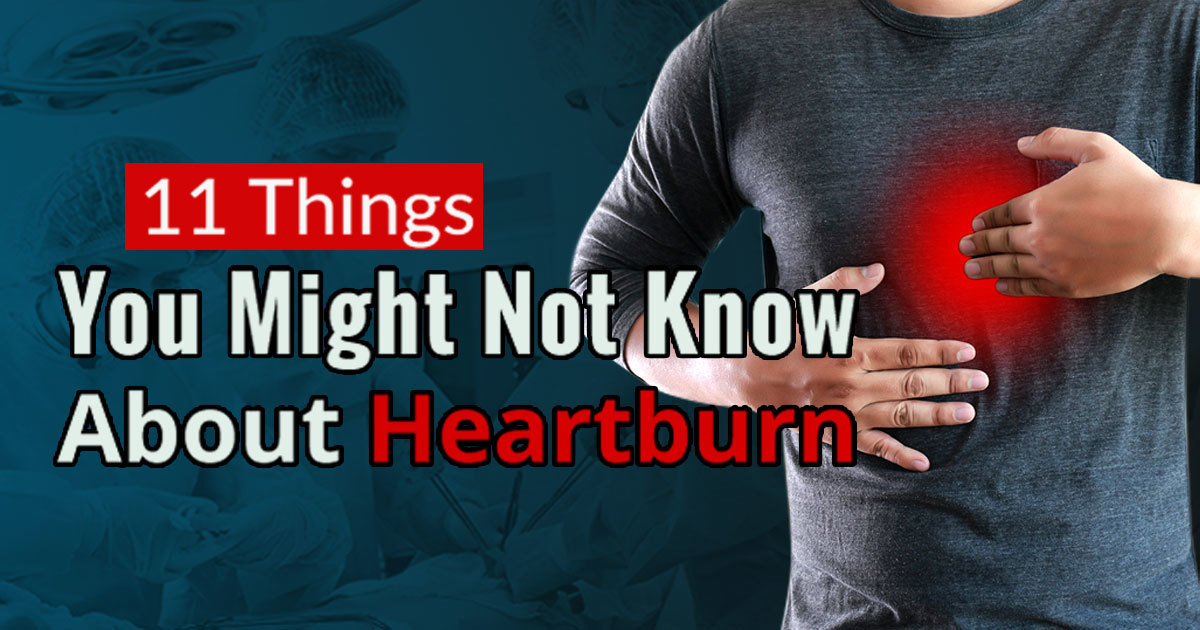
13 Things You Might Not Know About Heartburn - Refluxgate
Man He Is Having Pain In The Chest While He Eats A Hamburger Stock Image - Image of hungry, care: 174857341
36 Warning Signs Your Heart Sends You | Eat This Not That
36 Warning Signs Your Heart Sends You | Eat This Not That
How to know if chest pains are serious
Abdominal Pain and Loss of Appetite
How Do You Know When a Child With Autism Is Feeling Pain?
 36 Warning Signs Your Heart Sends You | Eat This Not That
36 Warning Signs Your Heart Sends You | Eat This Not That

















/185730769-56a470303df78cf77282698c.jpg)



















Posting Komentar untuk "chest pain when hungry"